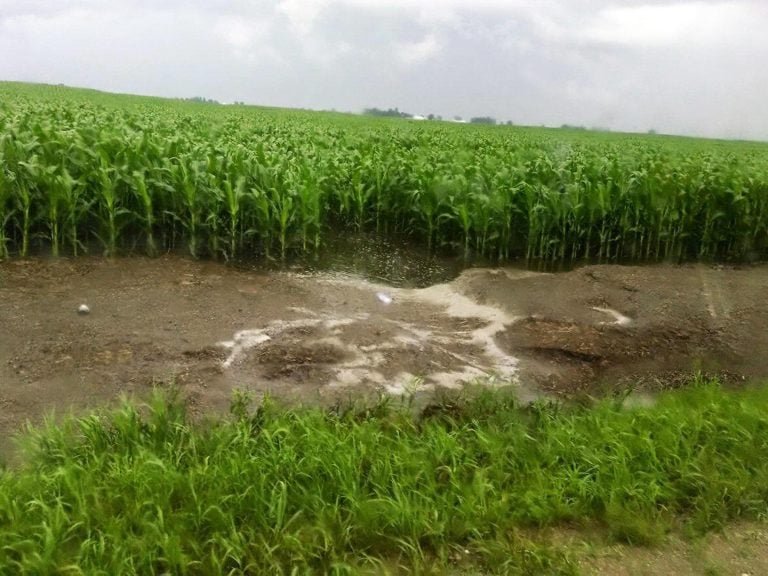A Penn State-led study reveals alarming phosphorus depletion in U.S. soils, driven by climate change and agricultural practices. This trend threatens crop yields, food prices and ecological balance.
Key Findings
- Phosphorus loss increasing: Despite efforts to reduce it, phosphorus loss from agricultural lands has risen over four decades.
- Climate change exacerbates issue: Extreme weather events and heavier rainfall drive phosphorus loss.
- Agricultural impact: Phosphorus depletion reduces crop yields, potentially increasing food prices.
Expert Insights
- “Phosphorus loss threatens food security and ecological balance.” – Li Li, Penn State professor
- “Innovative agricultural technologies are crucial for mitigation.” – Li Li
Consequences of Phosphorus Depletion
- Reduced crop yields
- Higher food prices
- Harmful algal blooms
- Water treatment challenges
Innovative Solutions
- New agricultural technologies: Penn State’s invented technology addresses phosphorus pollution.
- Farming practice changes: Improved soil management and conservation practices.
- Integrated watershed management: Coordinated efforts to reduce phosphorus pollution.
Learn More
Read the full study: Proceedings of the National Academy of Sciences.

















